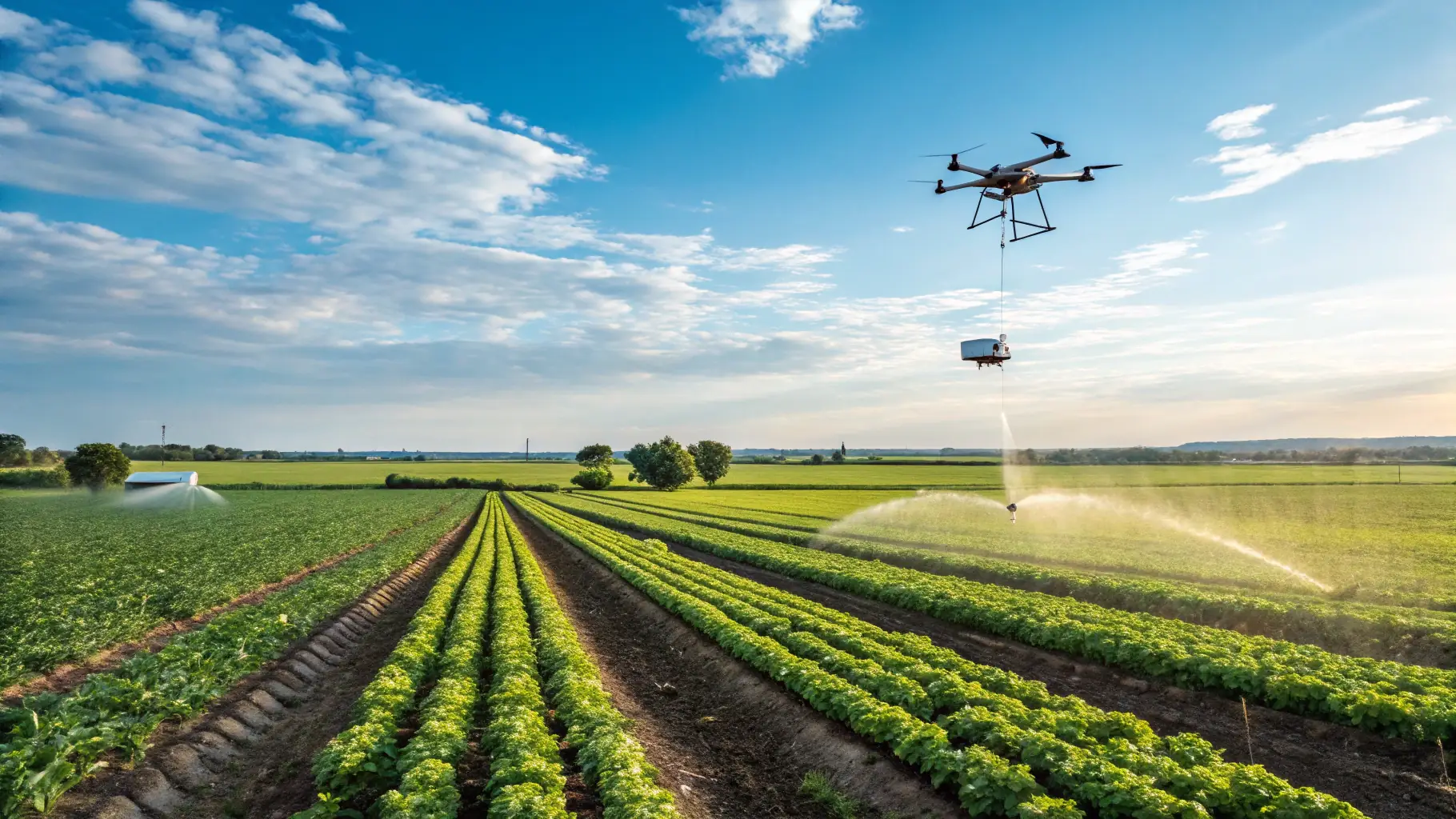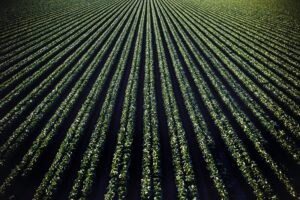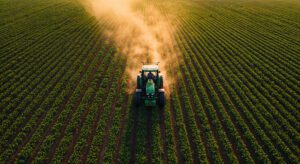Precision agriculture is transforming the way farmers approach crop production, offering innovative solutions for optimizing resource utilization and maximizing yields. By leveraging data-driven insights, farmers can make informed decisions about planting, irrigation, and fertilization, leading to significant improvements in efficiency and profitability. These techniques are particularly valuable in today’s challenging agricultural landscape, where resource scarcity and environmental concerns are paramount. Precision agriculture tools and technologies are constantly evolving, providing farmers with more sophisticated and effective methods for managing their operations. One key aspect of precision agriculture is the use of sensors and GPS technology to monitor crop health and soil conditions. This data-driven approach allows farmers to identify areas of concern early on, enabling timely interventions and preventing potential losses. By understanding the specific needs of each section of a field, farmers can tailor their practices to optimize resource allocation and minimize waste. This targeted approach not only increases yields but also reduces the environmental impact of farming practices. Furthermore, precision agriculture enables farmers to optimize their use of fertilizers and pesticides. By analyzing soil data and crop health indicators, farmers can precisely apply these inputs, minimizing environmental contamination and maximizing their effectiveness. This targeted approach not only reduces costs but also protects the environment by minimizing the use of harmful chemicals. The integration of technology into farming practices is paving the way for a more sustainable and productive future for agriculture.
How Silicon Adjuvants Like Silgo 48 Are Transforming Modern Crop Spraying
In today’s fast-moving agricultural landscape, farmers are under increasing pressure to improve crop protection efficiency



